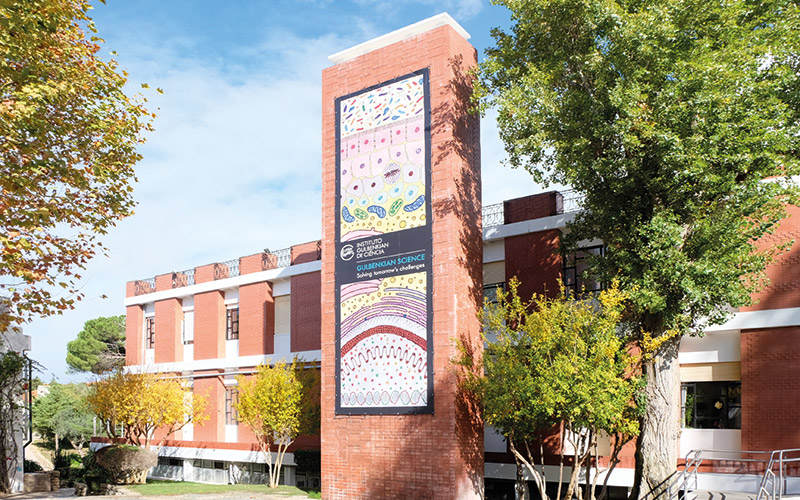Two tales about phages and pathogenicity islands
Slider de Eventos
Data
- / Cancelado / Esgotado
Local
Sala virtualNo IGC decorrem semanalmente diversos seminários, uma iniciativa que pretende reunir todos os investigadores em torno dos temas em debate.
As sessões, com investigadores internos ou convidados, contribuem para estimular a cultura aberta e extremamente colaborativa própria do IGC.
Pode consultar o resumo deste seminário em inglês.
Bacteriophage-mediated gene transfer is a major evolutionary force occurring by two well-described mechanisms: generalized and specialized transduction. We have recently discovered that Staphylococcus aureus phages engage in lateral transduction, the most powerful mode of transduction described to date. Lateral transduction converts large regions of the bacterial chromosome into “hypermobile platforms” for the high frequency transfer of any genetic element within their boundaries. Bacterial DNA is transferred at astonishingly high frequencies that are at least 1,000 times greater than any known mechanism of transduction. The observed efficiency of chromosomal DNA transfer is unprecedented, representing a paradigm shift in phage biology and in the definition of mobile genetic elements. In this talk we will explore whether this ground-breaking strategy of gene transfer is widespread in nature.
In the second part of the talk we will describe for the first time two novel types of mobile genetic elements: the helper and satellite pathogenicity islands. Our results describe an interesting ménage à trois involving three subcellular parasites where satellite pathogenicity islands are induced by helper pathogenicity islands, whose induction in turn depends on a helper phage. Our results will establish new paradigms involving pathogenicity islands in bacterial evolution and virulence, which we anticipate will be relevant in the emergence and dissemination of novel bacterial pathogenic strains.
ORADOR
José R Penadés
Imperial College London,Faculty of Medicine, Department of Infectious Disease
